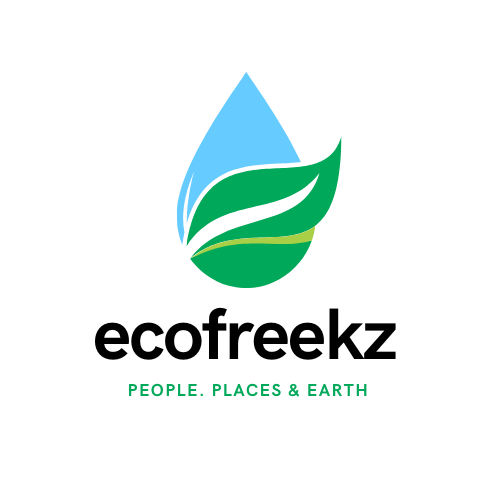Plastic pollution is a pervasive and pressing environmental issue that has captured global attention in recent years. The extensive use of plastic in our daily lives, coupled with inadequate waste management systems, has led to the proliferation of plastic debris in our environment, particularly in oceans and waterways with the production of 400 million tonnes of plastic waste every year.
The sources of plastic pollution are diverse and include single-use plastics such as bags, bottles, and straws, as well as microplastics that account for as much as 50% of annual plastic waste which comes from a range of sources including cosmetics, clothing, and the breakdown of larger plastic items. Additionally, industrial activities contribute significantly to plastic waste, further exacerbating the problem.
The consequences of plastic pollution are wide-ranging and severe. Marine life is particularly vulnerable, as animals can ingest plastic debris mistaking it for food or become entangled in it, leading to injury, suffocation, or death. Moreover, plastics do not biodegrade easily and can persist in the environment for hundreds of years, breaking down into smaller particles known as microplastics that can contaminate water, soil, and even the air we breathe.
The impacts of plastic pollution extend beyond marine ecosystems, affecting terrestrial habitats and human health as well. Microplastics have been found in drinking water, seafood, and even in the air we breathe, raising concerns about potential health risks associated with their ingestion. Furthermore, plastic pollution has economic consequences, affecting industries such as tourism, fishing, and shipping which is estimated to cost the United States over $650 million annually in plastic waste management and $2.5 trillion in annual loss because of marine plastic pollution.
Efforts to address plastic pollution have gained momentum in recent years, with governments, businesses, and individuals taking steps to reduce plastic consumption, improve waste management practices, and promote recycling and circular economy initiatives. Bans on single-use plastics, plastic bag taxes, and the development of biodegradable alternatives are some of the measures being implemented globally to curb plastic pollution.
As plastic pollution continues to become an escalating problem in our waterways companies such as International nonprofit called THE OCEANCLEANUP have taken a proactive initiative and are emerging as a leader to address this ever growing global problem. At Ocean Cleanup they work on cleaning up what is on its way through rivers and what is already polluting our oceans. With over 28 million pounds of plastics removed from our oceans through their technological innovative plastic capture system called “interceptors”; their tackling the problem head on! They have a goal of cleaning up 90% of floating ocean plastic pollution by 2040.
Individuals can also play a crucial role in combating plastic pollution by adopting sustainable practices such as reducing their use of single-use plastics, properly disposing of plastic waste, participating in clean-up activities, and supporting initiatives that promote a plastic-free environment.
Share the Post:
